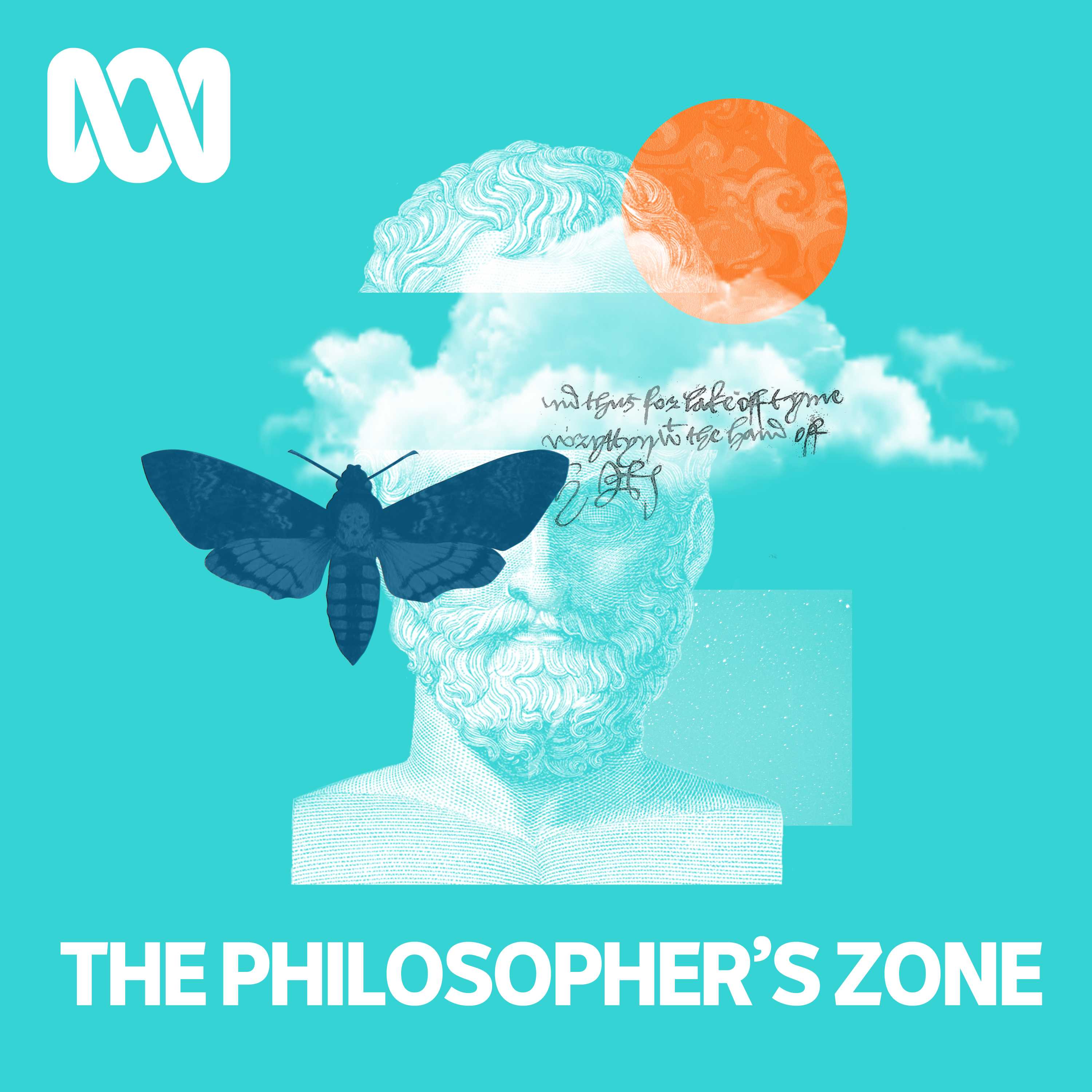

Philosopher's Zone
ABC
The simplest questions often have the most complex answers. The Philosopher's Zone is your guide through the strange thickets of logic, metaphysics and ethics.
Episodes
Mentioned books

Nov 14, 2021 • 28min
Buddhist logic
Logic in the Western philosophical tradition is often viewed as something abstract and universal – a bit like mathematics, involving formulas and equations that hold true in every circumstance, regardless of historical or cultural context. The tradition of Buddhist logic takes a different turn, considering logic as something connected to knowledge rather than just the structure of arguments.

4 snips
Nov 7, 2021 • 28min
Care ethics
Explore the concept of care ethics and its importance in moral decision making, highlighting the significance of vulnerability, interdependence, and individual relationships. Delve into the contrast between care ethics and other moral traditions like Kantian philosophy, consequentialism, and virtue ethics. Discuss the intersection of care ethics and feminism, addressing critiques and debates on its universality. Examine the influence of care ethics in shaping responses to the pandemic, emphasizing compassion, empathy, and support.

Oct 31, 2021 • 28min
Philosophy and children
Children are sometimes perceived as "defective adults", empty epistemic vessels that need to be filled with the knowledge of their elders. In fact, children can teach adults a thing or two when it comes to the getting of wisdom. But does this mean that children are philosophers? And if the answer is Yes, then what kind of philosophers are they?

Oct 24, 2021 • 28min
Gender and gaming
Gender has long been an issue in the world of video games, but since the "Gamergate" online harassment campaign of 2014 - where women gamers, developers and journalists were doxxed and threatened by anti-feminist trolls - it's come to the fore. This week we're talking about women's voices and roles in gaming, and exploring ways in which gender might be reimagined in video games.

Oct 17, 2021 • 28min
What is dignity?
Dignity is something we recognise and respect in others, and we feel it deeply when our own is threatened or attacked. But what exactly is it? This week we're exploring different kinds of dignity, and the ways in which they can get in the way of each other. We also look at how one person's appeal to dignity can be another person's moral violation.

Oct 10, 2021 • 28min
Yan Fu: China meets Western liberalism
Yan Fu was a late 19th century naval officer and writer who was fascinated with Western philosophy. His translations of works by Thomas Huxley, Adam Smith, John Stuart Mill and others were celebrated successes in China. But his books feature notes and interpretative gestures that make them something more than just straight translations – they’re works of philosophy in their own right.

Oct 3, 2021 • 28min
The trouble with our moral evolution
Morality is always evolving. But what if social evolution happened so fast and so radically that our moral evolution couldn’t keep pace? According to this week’s guest, that’s our current problem: we have a set of “moral emotions” in place that no longer help us deal effectively with the challenges of post-industrial society.

Sep 29, 2021 • 3min
RN Presents: This Much Is True
You might have noticed there's some bizarre stuff circulating out there these days, under the guise of "knowledge" or "fact". And we need to take it seriously, because even the most far-flung conspiracy theories can have direct effects on how a substantial number of people think, behave and vote. Why do people believe the things they believe? and for that matter, why do you believe the things you believe? This excellent podcast series on RN tackles the question head on, exploring rabbit holes, social media misinformation swamps, cults and more. Check it out.

Sep 26, 2021 • 28min
About time, part 4: The insect clock
When a person dies under suspicious circumstances, it can be hard to determine exactly what happened and when. Enter the forensic entomologist, whose job it is to study the action of insects on the body and present their evidence to the court. Insects provide a “clock” that can help to piece together the puzzle of death – but in doing this, insects also raise a number of fascinating questions that touch on the philosophy of science, law and time.

Sep 19, 2021 • 28min
About time, part 3: Time and perception
For something that we commonly consider to be as regular and predictable as clockwork, time sure can feel weird. Sometimes it drags, sometimes it rushes, sometimes it seems to stop altogether. We don't experience this skewed perception with other phenomena - with colours, for instance. The blue of the sky looks like the blue of the sky, no matter what we're doing or how we're feeling. So why is our experience of time so variable? Is it something that happens purely in the mind, or does it have something to do with the flexible nature of time itself?


